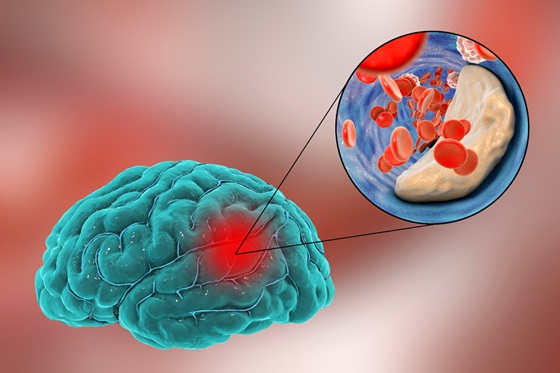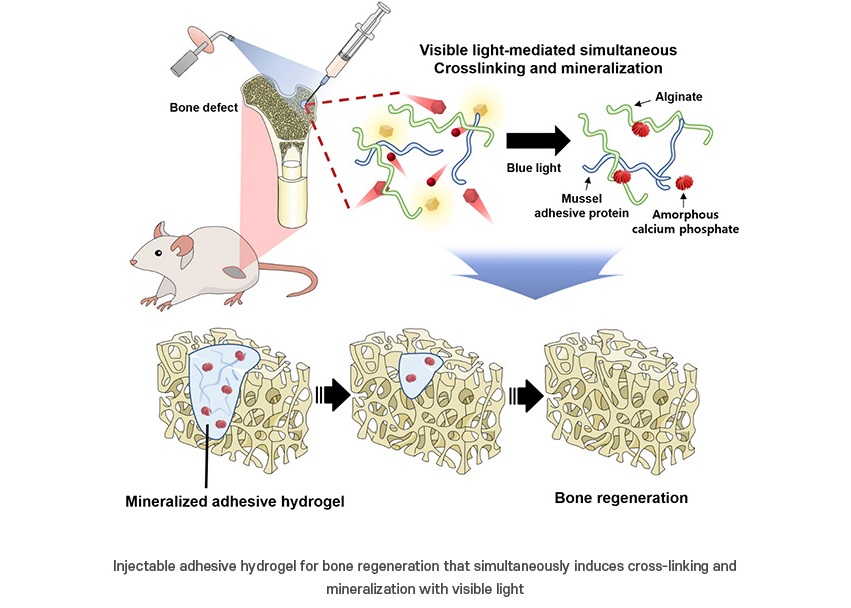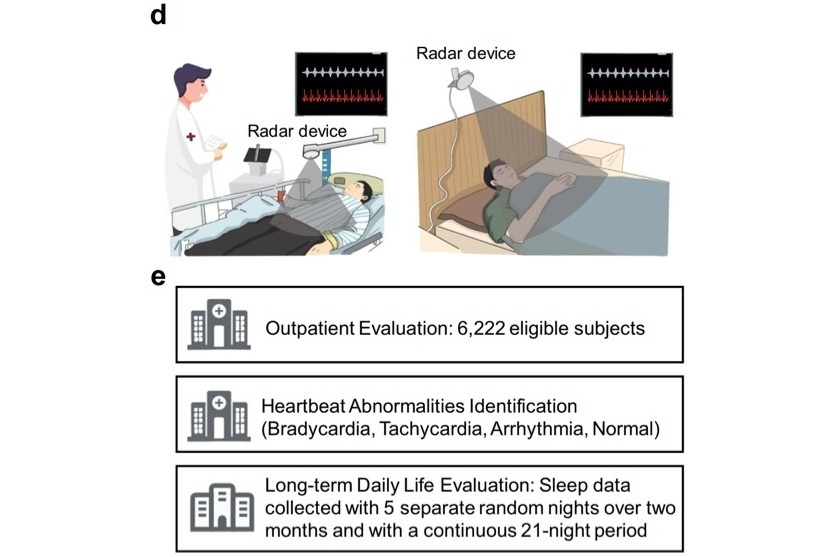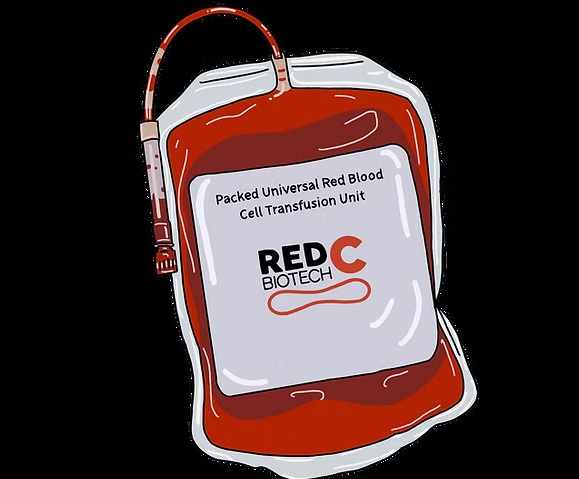Machine-Learning Tool to Improve Clinical Outcomes for Stroke Patients with Large Blood Vessel Blockages
Posted on 11 Oct 2024
An ischemic stroke occurs when a blood clot or other particle blocks a blood vessel in the brain. In about one-third of cases, clot-dissolving medications can successfully break up the blockage. However, when the clot is large, medication alone often proves insufficient, leading doctors to consider endovascular therapy. This procedure involves guiding a catheter through an artery in the groin or wrist into the brain to remove the clot. Recent studies suggest that even a day or more after a stroke, and even in cases of extensive damage, patients can still experience positive outcomes from endovascular therapy. Conversely, some patients who are predicted to benefit from this procedure based on specific metrics do not see improvement. While doctors can successfully restore blood flow by unblocking the artery in over 90% of cases, more than 50% of these patients still suffer from moderate to severe disability. A new study aims to bridge the gap between successful vessel reopening via endovascular surgery and reduced post-stroke disability.
The five-year study, to be conducted by researchers at University of Texas Health Science Center at Houston (Houston, TX, USA), will focus on developing a machine-learning tool to predict which stroke patients with large vessel blockages are most likely to benefit from endovascular therapy. The team will create a database of imaging and clinical outcomes from patients at three U.S. hospitals who have undergone successful reperfusion, the process of reopening the blocked vessel. This database will help researchers identify clinical and imaging predictors of brain damage following reperfusion.

The research team will develop a machine-learning model capable of predicting brain tissue viability and clinical outcomes using data collected both before endovascular therapy and after reperfusion. This deep-learning model will incorporate imaging data, patient clinical history, and stroke severity measures to help identify patients for whom endovascular therapy alone may not be enough to produce favorable outcomes. By analyzing changes between pre- and post-treatment imaging and clinical variables, the model will also aim to predict outcomes in patients treated with clot-busting medications and/or endovascular therapy.
“We are letting an algorithm learn the visual features that are predictive to doing well, or not doing well,” said lead investigator Luca Giancardo, PhD, associate professor at UTHealth Houston. “It’s not that machine learning or AI see things that are invisible. They see things that are there. But finding correlations between multiple modalities, with longitudinal data, it’s hard because they can be very subtle. The model is hopefully going to see things that we don’t see, that we don’t think to see, that we wouldn’t even think to analyze in certain ways. So, this model will hopefully be able to outperform what we can do with our eyes.”
Related Links:
UTHealth Houston














